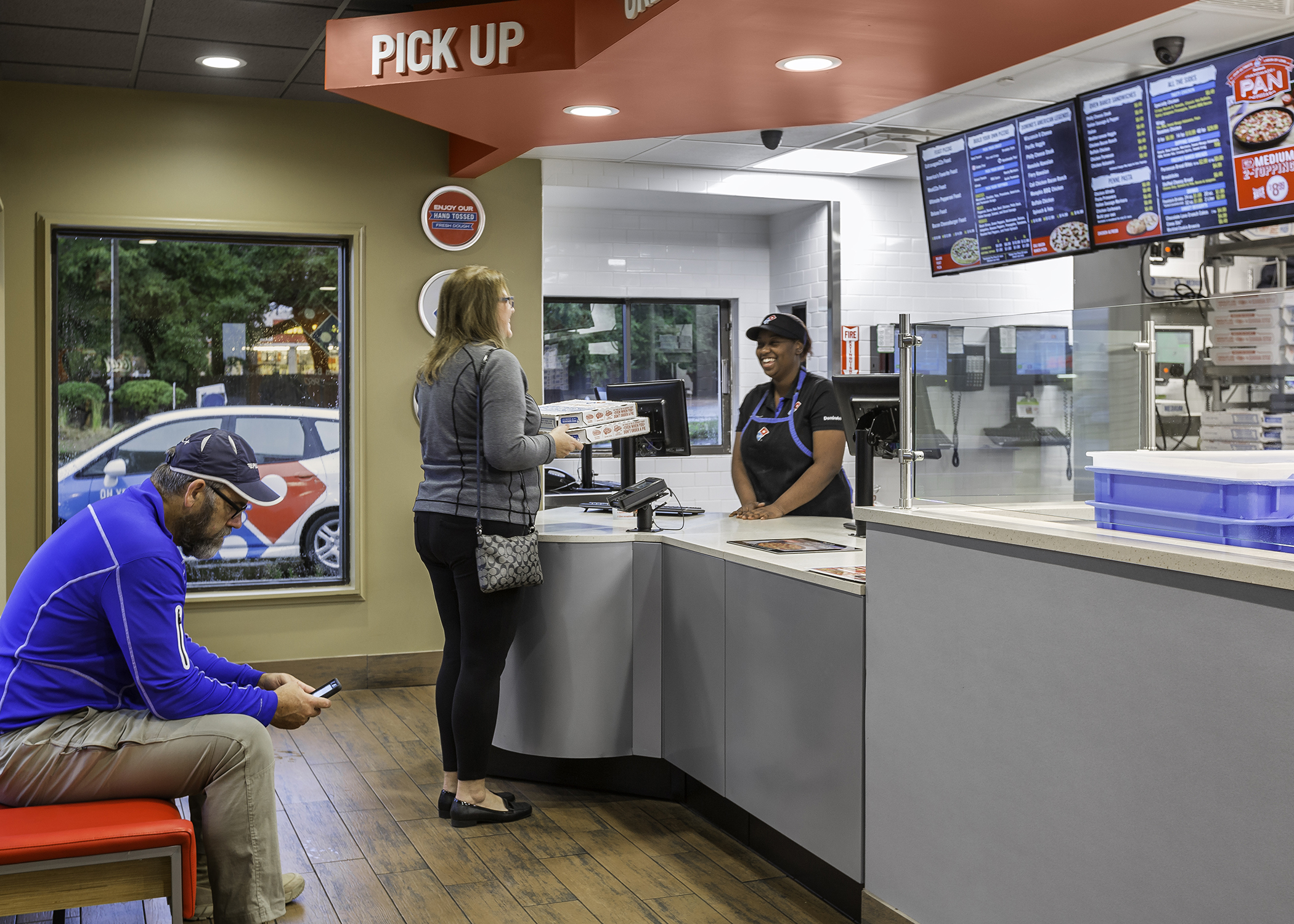Domino's Taps Robots to Answer Its Phones

Skift Take
In a quest to someday soon handle 100 percent of its orders digitally, Domino's Pizza is launching new technology that potentially eliminates the last hope of people trying to order while avoiding an automated system: voice recognition software to manage telephone orders coming into its stores.
The company unveiled its first foray into voice recognition software in 2014, with DOM, a virtual ordering assistant that worked within its mobile apps. Domino's is testing this technology on the phone at 20 of its nearly 5,600 stores in the United States and plans to expand more "within the coming months," according to a press release.
"We believe natural voice recognition is the future, as seen by the rise in virtual assistants, such as Amazon's Alexa and Google Home. More importantly, artificial intelligence provides great learning platforms that will enable us to do more to deliver convenience for our customers and better job experiences for our team members," said J. Patrick Doyle, Domino's CEO and president in a statement.
Sixty-five percent of Domino's sales come through digital platforms today, according to the company. This is well over the national average according to recent Morgan Stanley Research, which found just over half of orders coming through digital channels vs. traditional phone-in orders. Of course, not every company offers ordering via text, tweet, Slack, Facebook Messenger, Google Home, Amazon Echo, and more.
A week ago, Domino's announced delivery hotspots, 150,000 domestic locations like parks and beaches, where customers can place delivery orders without a typical street address. While Domino's has been innovating on the ordering side — see aforementioned list of options — this marked the first big consumer-facing change to the company's ability to physically deliver a pizza in a while.




